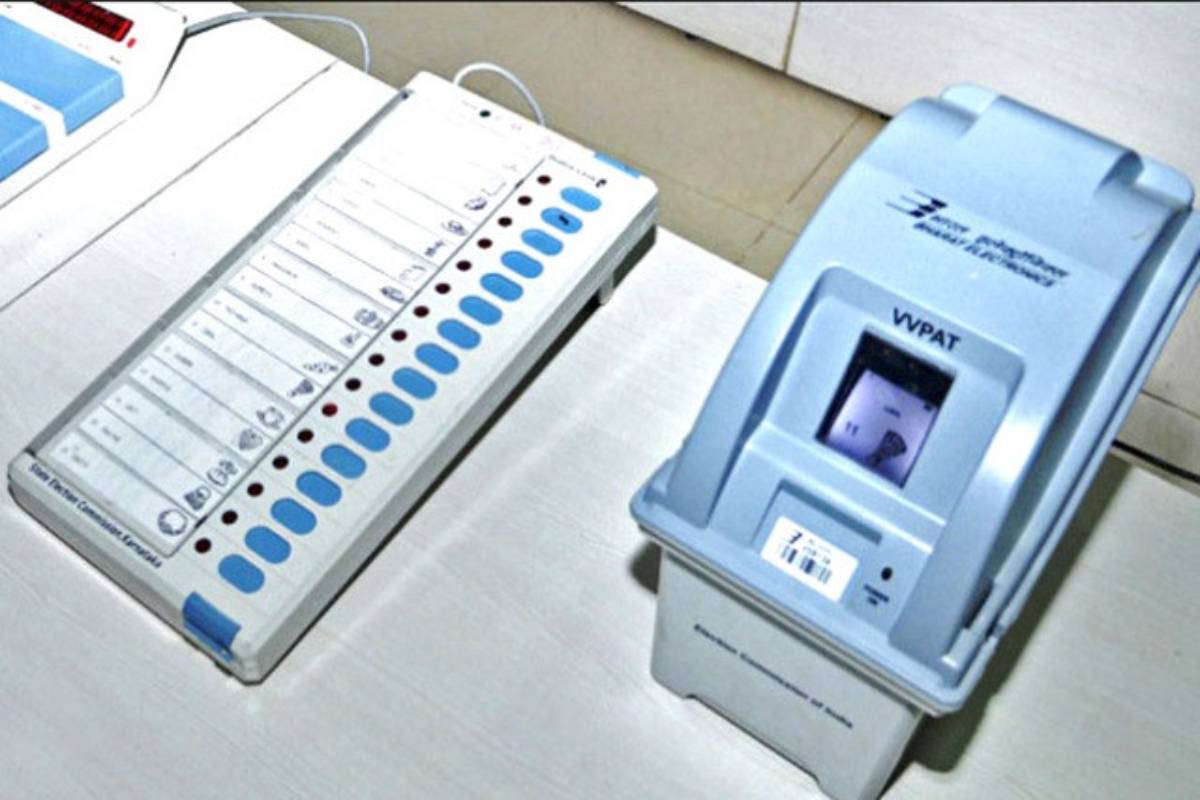Amidst speculations and uncertainty, the voters are geared up for the third and a decisive bout of polling on Tuesday for the 90-member Jammu and Kashmir assembly that will have a truncated five years term for the first time after a gap of 49 years.
There is no visible wave in favour of any party but the large number of independent candidates and hardliners such as the Jamaat-e-Islami and Awami-Ittehad-Party (AIP) of Engineer Rashid in the fray have made the election exciting and they are expected to play spoilsport for the mainstream parties in Kashmir.
Advertisement
This third and the final phase of polling will be a deciding factor for the government formation and this is the first election after the abrogation of Article 370 on 5 August 2019.
The UT is now governed by the J&K Reorganisation Act that has reduced the term of the Assembly to 5 years from 6 years that the J&K legislature enjoyed since 1976 when the 42nd Amendment of the Constitution was enacted under the rule of Indira Gandhi.
However, J&K did not revert to the 5 years term even after the Janata Party government at the centre in1978 brought the 44th Amendment to restore the pre-1976 term of the Parliament and state assemblies.
The new Act has brought the J&K Assembly’s term at par with that of other assemblies in the country.
The main contenders in these elections include the National Conference (NC), Congress, BJP, Peoples Conference, Apni Party and AIP.
J&K does not have a history of pre-poll alliances and this is after 37 years that the election is witnessing a pre-poll alliance between the NC and Congress, otherwise post-poll pacts have generally helped in government formation.
In 1987, the NC-Congress alliance won 66 seats in the Assembly. NC won 40 seats of the 45 it contested, and Congress got 26 out of 31.
The PDP and BJP after winning 28 and 25 seats respectively in 2014 joined hands to form a coalition government that collapsed mid-way in June 2018 when the latter withdrew support to the then CM Mehbooba Mufti. The NC got 15, Congress 12 seats and the PDP-BJP coalition was described as coming together of the North and South Poles.
In 2002, the l NC was the single largest party but it did not stake a claim for government formation. The PDP, Congress and Panthers Party formed a coalition government with PDP’s Mufti Mohammad Sayeed serving as the Chief Minister for the first three years and Congress’s Ghulam Nabi Azad for the next three years. The election saw a major boycott on the appeal of Tehreek-e-Hurriyat as a result of which the Kashmir division had a voting percentage of 3.5%. NC got 28 seats, PDP 16, Congress 20, Panthers Party 4 and BJP 1.
However, following the 2008 election, NC agreed on a coalition with Congress and their leader, Omar Abdullah became the state’s youngest-ever Chief Minister at 38. The seat share in the election was; NC 28, PDP 21, Congress 17, BJP 11 and Panthers Party 3.
The new assembly will have a strength of 114 seats out of which 24 seats would be deemed vacant for the Pakistan-Occupied Jammu & Kashmir (PoJK). Another 5 seats have been reserved for nomination from various categories.
The Delimitation Commission, formed after the abrogation of Article 370, reorganized the seats, increasing the assembly count from 107 to 114. Six seats were added in Jammu and one in Kashmir. Thus, compared to the 83 seats in 2014, this time elections will take place for 90 seats.











